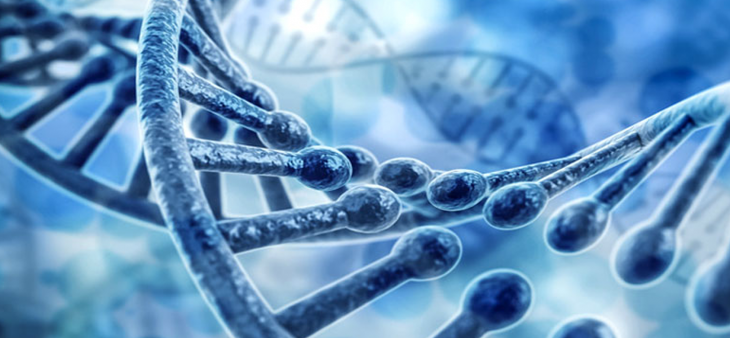Immune deficiencies and immune diseases refer to a group of diseases that are the result of an abnormality in the immune system.
The most common forms of the immune system deficiencies result in frequent respiratory tract infections, frequent colds, chronic sinusitis, frequent skin infections or some forms of joint disease.
The immune system is not confined to one organ in the body. It is a very elaborate defense and regulator network of specialized cells and many resistance factors (Immunoglobulins) and regulator factors (Kinins and others). The specialized cells and their products work in total harmony. The total system has one common goal that is to protect and defend the body against invaders such as allergens, bacteria, viruses, fungi, and even cancer cells. Common immune deficiency diseases are total or partial absence of resistance factors, a condition called Hypogammaglobulinemia or Agammaglobulinemia, both resulting in frequent infections of the respiratory tract, skin or internal organs.
Abnormality of the number or function of the specialized immune system cells is usually more serious. At times the immune system gets engaged to fight against its own self, namely destruction of one or more of its own organs or specialized cells. These diseases are described as Auto-immune diseases.
Some examples of immune deficiencies & immune diseases are Hashimoto’s and Grave’s diseases of the Thyroid gland, Lupus, Rheumatoid Arthritis, Type I Diabetes and Multiple Sclerosis. In some cases the abnormality in the immune system is a birth defect or inherited genetic problem and in others it can be acquired after birth in later years of life commonly due to some viral infections.
CONTACT US FOR MORE INFORMATION ABOUT METHODS OF DIAGNOSIS AND TREATMENT FOR IMMUNE DEFICIENCIES SUFFERERS.
WE CAN HELP.

 APPOINTMENT REQUEST
APPOINTMENT REQUEST